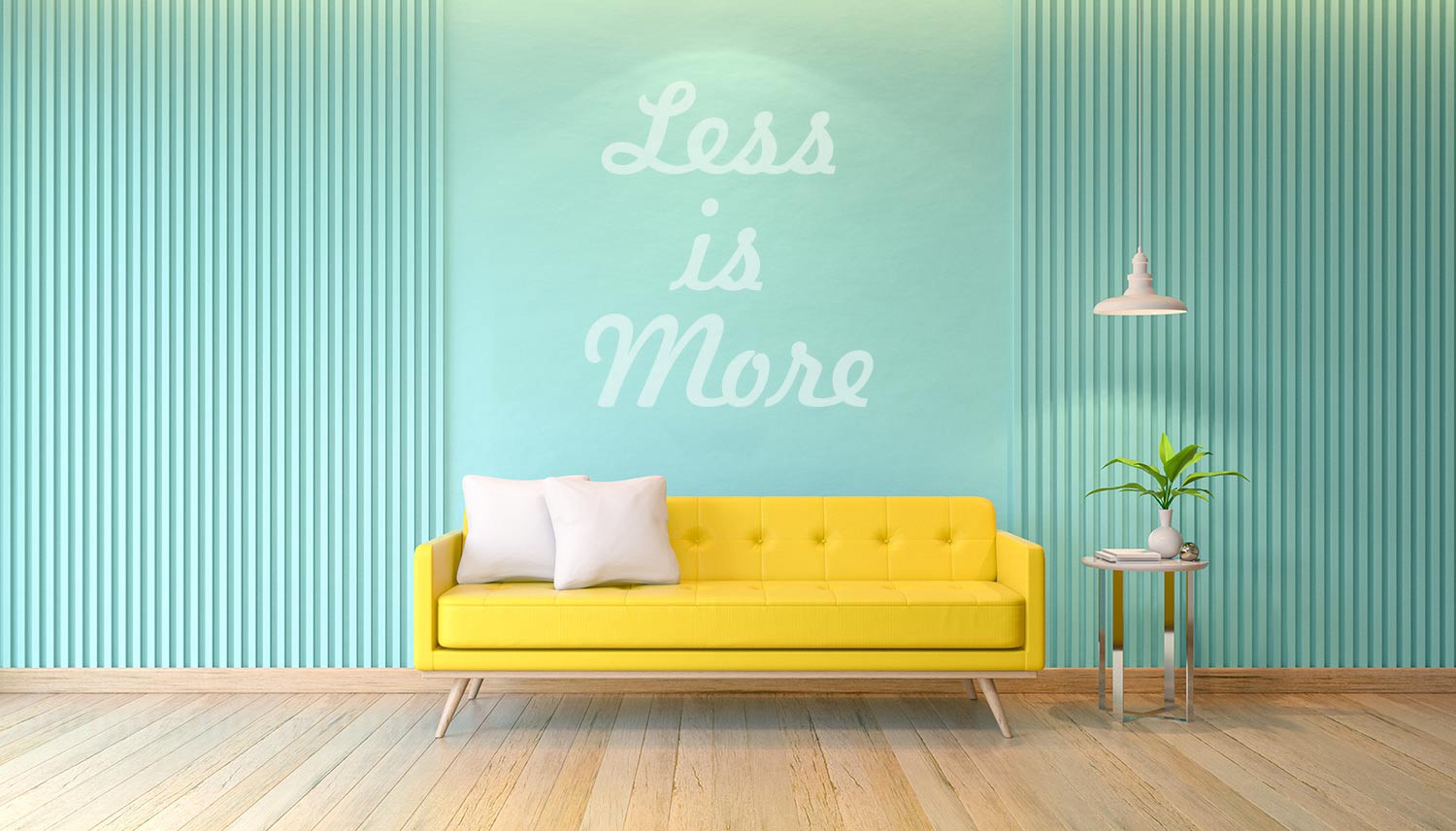Though we live in a world of constant consumption, we don’t need much to be happy. The accumulation of stuff costs money and can lead to living outside our means and piling on debt. But we can actually save plenty of money by getting rid of stuff and adopting a minimalist lifestyle. Here’s how.
Sell your belongings
If you haven’t used your stuff in a while, sell it and save that money for a rainy day. You can have a garage sale or sell items online. Whatever you can’t sell, donate to a local charity for a charitable donation tax credit.
Set up automatic savings
Setting up automatic savings with a high-interest savings account. You will get used to not spending that bit of extra money each paycheck on things you don’t need.
Go digital
Stop buying physical copies of books, movies, and music. Instead, store digital media on thumb drives, devices, and the cloud. Much cheaper than physical copies, it’ll help keep your home de-cluttered.
Create and follow a budget
Only spend money on what you need—the absolute bare essentials. You also don’t need to buy the latest model of a phone if you need a new one. Nor do you need a large supply of the latest beauty products for skin and hair care.
Take up free hobbies
Many hobbies won’t cost as much as hitting the golf course or going to the movies. Cheap and free hobbies include biking, hiking, swimming, learning an instrument, painting, and writing.
Make a meal plan
It can be tempting to order out when you don’t feel like cooking. But creating a meal plan for the week and preparing all your meals ahead of time can save you plenty of money. Meal prep also prevents you from wasting food and overspending on groceries.
Grow your own herbs and vegetables
Another thrifty way to save money on food is by growing your own. You can plant your own herb and vegetable garden outside in planters. And for the colder months, keep an herb garden by a window with plenty of natural light. Growing your own food can save you an estimated $2,000 to $3,200 per year, according to backyard gardener John Zahina-Ramos in an article for Smart About Money.
Use fewer appliances
You don’t need two fridges and a deep freezer sucking up energy. Stick to one fridge, and use its freezer to save space in your home and save money on energy bills. This will also make it easier to buy fewer groceries. And if you sell your extra appliances, that money can go right into your savings account.
Downsize your home
When people move into larger homes, they have the urge to fill their homes with extra stuff. This includes furniture, TVs, appliances, and knick-knacks. But once you sell and donate most of your belongings, you won’t need the extra space to store everything. And by finding a smaller home to live in, you can save plenty on rent or mortgage payments.
Focus on lasting goods
Quality goods might cost more, but they will save you from buying replacements more often. And when you do buy new things (that you need), make sure to sell or donate the items you are replacing.
Change your mindset
When you adopt a minimalist lifestyle, you will eventually shift your mindset. You won’t have the desire to buy stuff anymore.
Clean frequently
Clean and declutter regularly. This will help you appreciate your space and what you do own without all the extra stuff getting in the way. A clean, de-cluttered home provides a clear mind.
Create a timeless wardrobe
Instead of buying new clothes each season, keep one style for a timeless wardrobe. Most people only wear 20 per cent of their clothes 80 per
cent of the time!
Avoid impulse shopping
If you didn’t need something before you saw it advertised, then you probably won’t need it after. So don’t fall for the lure and shop on impulse. (Source: msn.com)











